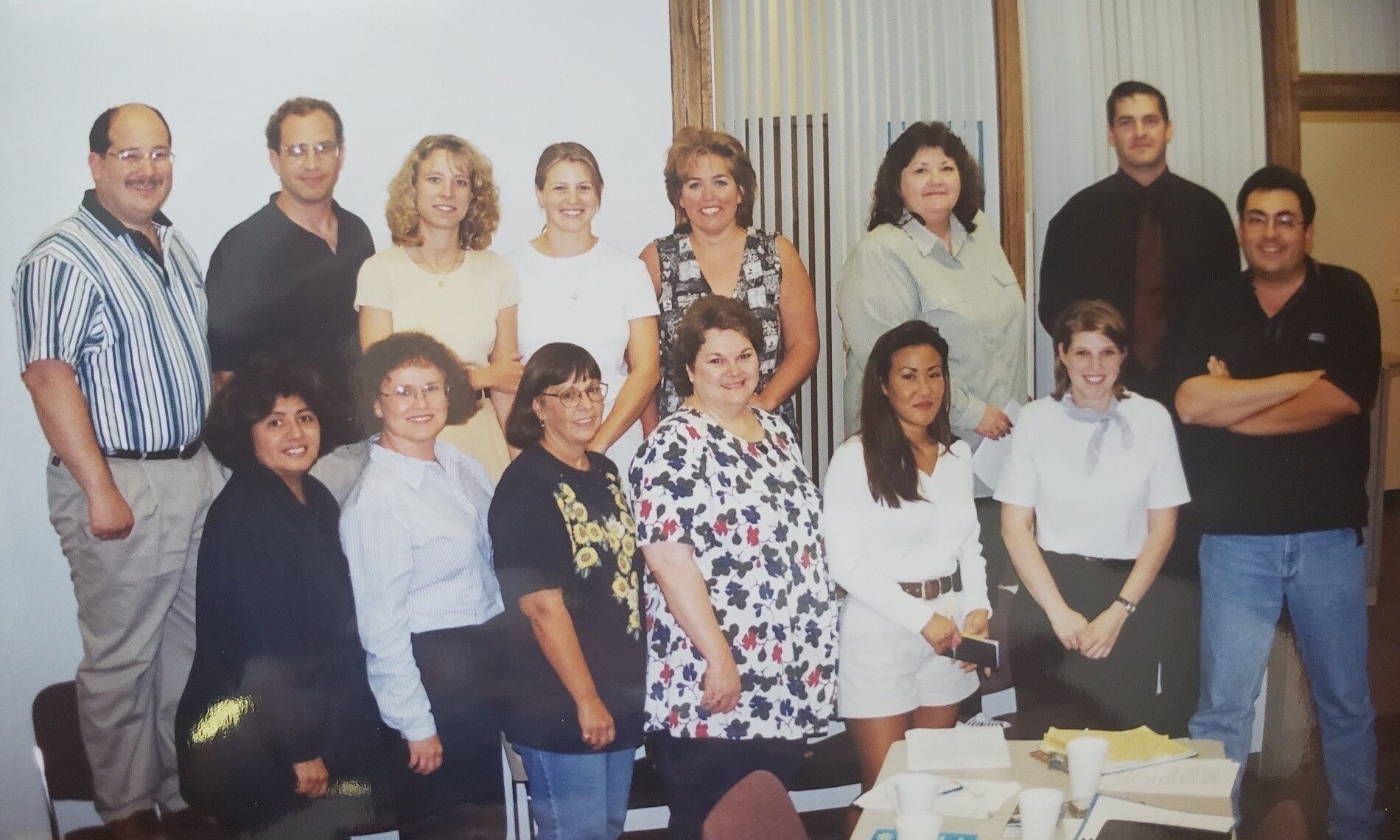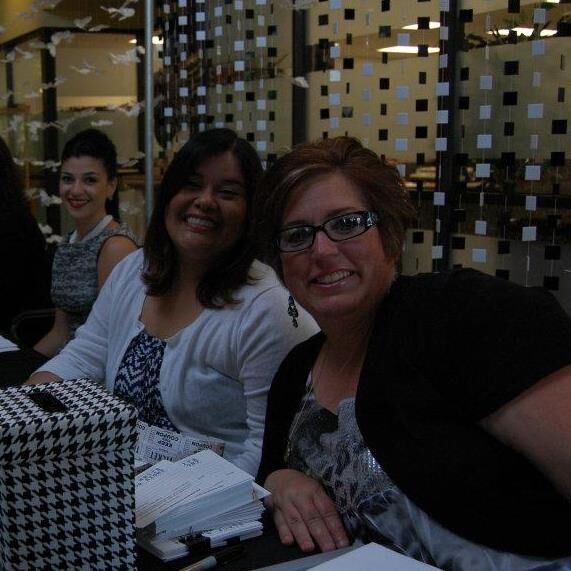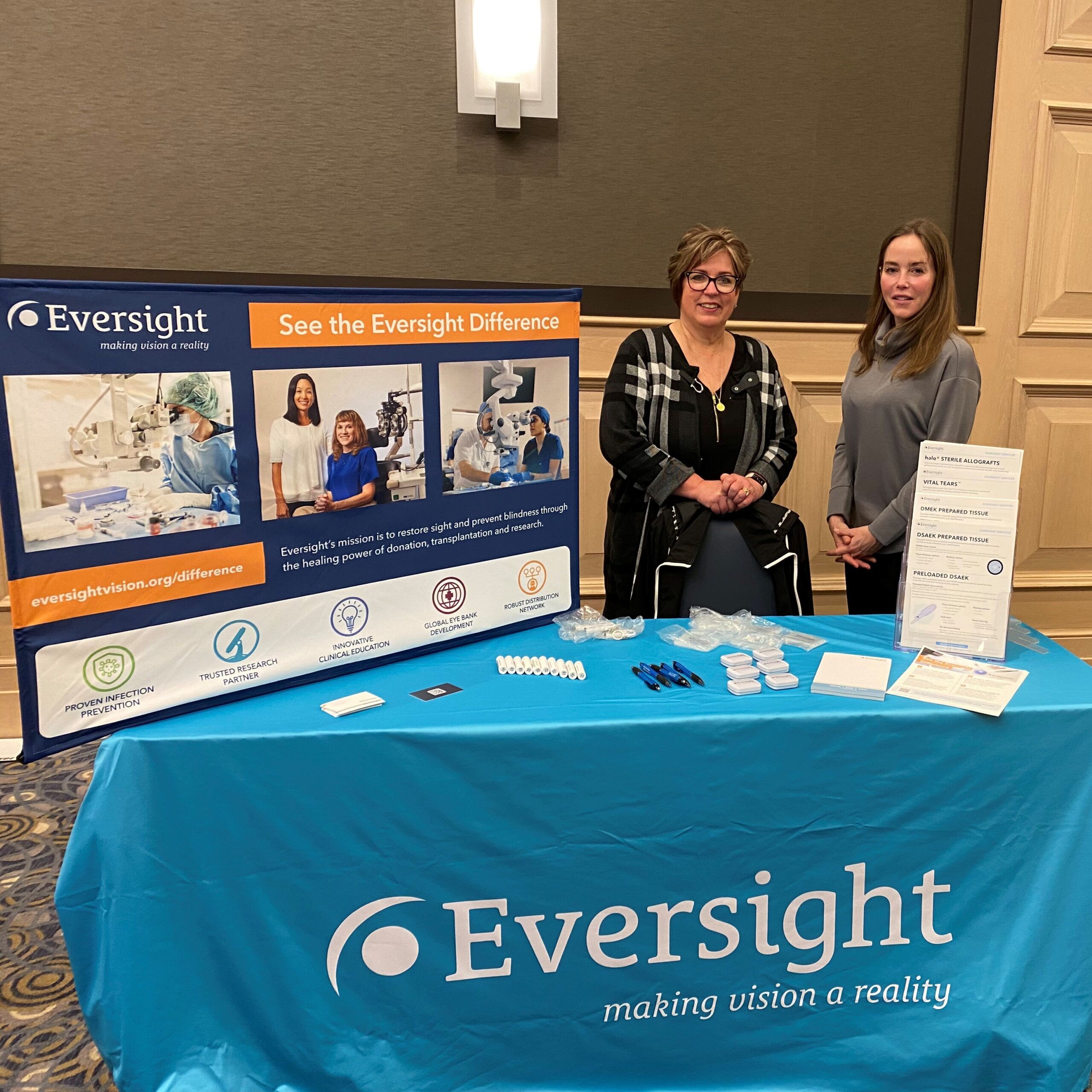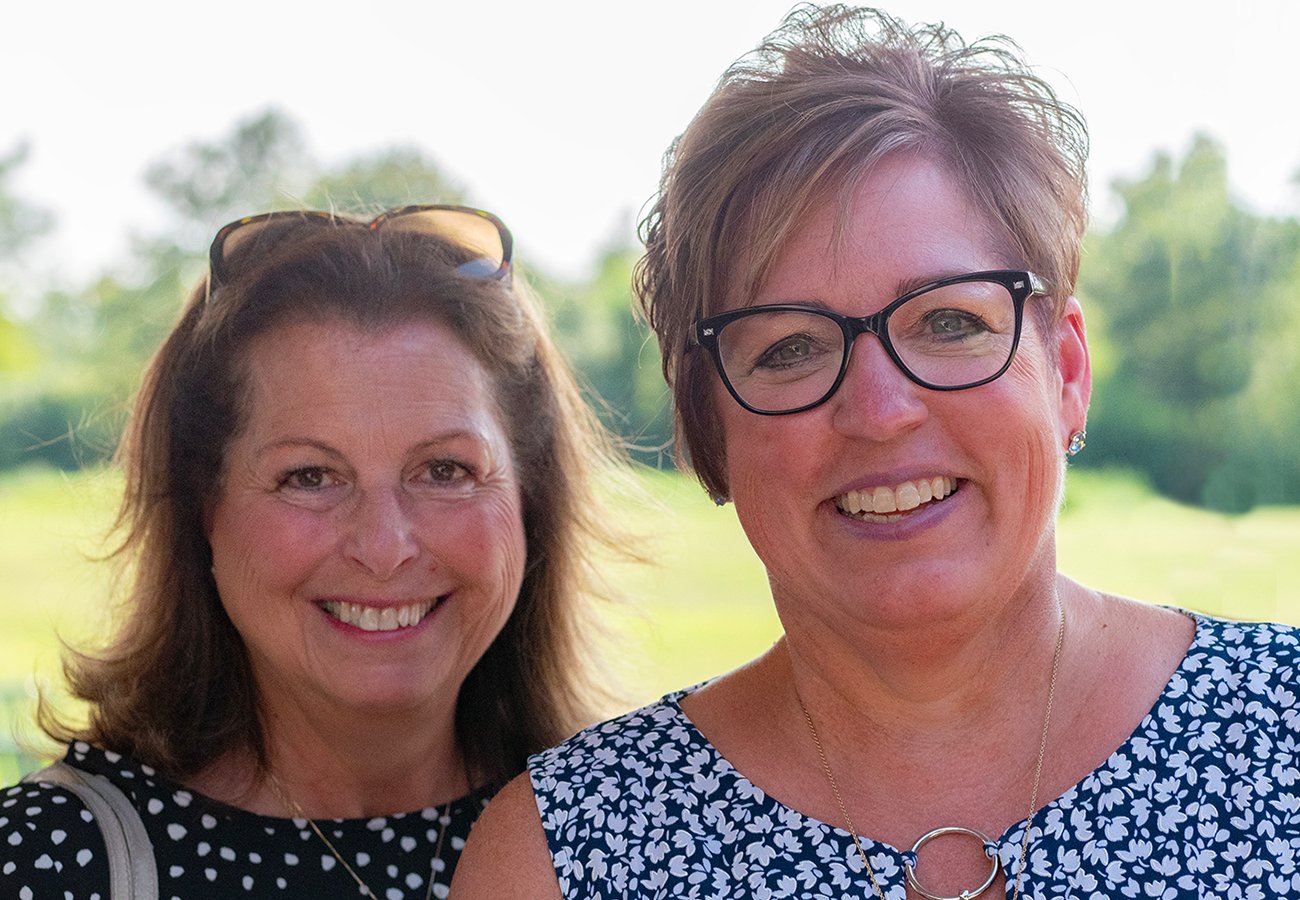Jun 26, 2025
For more than three decades, Kara Kelly has been a steady, compassionate force behind the scenes at Eversight, dedicating her career to helping restore sight and honoring the gift of donation. With a background in both nursing and mortuary science, Kara’s path into eye banking was unconventional, but as she puts it, a “perfect marriage” of her skills and purpose.
“It was a good fit,” Kara said. “I was working at a funeral home in Rockford, Illinois, and we were trained by the Illinois Eye-Bank, what Eversight was called back then, to recover eye tissue. So, when they were hiring a regional coordinator, it made sense.”
She began her journey in February 1992, serving northwest Illinois. Back then, things looked very different. There were no electronic medical records or tissue processing labs. Most donor paperwork was handwritten and stored in three-ring binders. Everything—from donor screening to recovery to distribution—was done by a tight-knit, all-hands-on-deck team.

“We didn’t have Zoom or Teams or even email at first,” Kara said. “We had pagers, payphones and AT&T calling cards. I remember driving around, looking for a payphone, punching in 24 digits just to call in. It was craziness, but somehow, we got it done.”
Kara was on call constantly–day, night, weekends and holidays. She vividly remembers recovering tissue in all seasons, often alone in the quiet hours of the early morning.
“In the summer, I didn’t mind. I’d crank up the tunes, roll the windows down,” she said. “But those 20-below windchill nights? That was tough. Still, every time, I’d remind myself what a blessing it was to get this call. Not the call that your loved one has died, but the call that someone can be a donor. That’s humbling.”
A field in transition
Kara has seen an incredible transformation in eye banking since those early years. In 1992, there was a two-year waiting list for a cornea transplant.
“You didn’t schedule your surgery and have tissue waiting,” she said. “We only had full-thickness penetrating keratoplasty—no EK (endothelial keratoplasty) procedures. You got the tissue when it was available.”
 Screening processes were rudimentary, and mandatory death reporting didn’t begin until 1998. Before then, Kara and her colleagues were responsible for educating hospital staff about eye donation, ensuring they had paper consent forms and basic guidance on identifying potential donors.
Screening processes were rudimentary, and mandatory death reporting didn’t begin until 1998. Before then, Kara and her colleagues were responsible for educating hospital staff about eye donation, ensuring they had paper consent forms and basic guidance on identifying potential donors.Holding onto purpose
What’s kept Kara so committed for more than 30 years? For her, it’s the people—and the mission.
“I’ve never gotten bored,” she said. “No two days are the same. Every day brings a new challenge. I’ve built up this toolbox of experience over time, and I still find joy in learning something new.”
There’s also a personal connection. Kara’s grandfather had two cornea transplants to treat pseudophakic bullous keratopathy—a condition that’s become much less common thanks to advances in cataract surgery.
“It’s incredible to think about how this field has changed people’s lives, including my own family,” she said. “It really is something special.”
One memory in particular stands out to Kara: nearly 20 years ago, a young woman died in a car accident just before Christmas. Kara recovered her tissue and stored it until it was ready for delivery. Her husband, Kevin, served as the courier, driving the cornea to the transplant surgeon in Rockford.
“It was like she spent Christmas at our house,” Kara said, pausing to hold back tears. “Months later, I saw her grandfather at a donor awareness event. He was running with her photo on the back of his shirt. I got to talk to him and tell him that I had her for Christmas at my house.”
A shift in focus, a constant in values
After decades on the donor side of the cycle of sight—working with hospitals, funeral directors and coroners—Kara now serves on the Partner Relations team, working closely with transplant surgeons and their staff.
“It's another focus because now I'm invested, not only in the surgeons, but in the wellbeing of their patients,” she said. "The first thing I ask is, ‘how is your patient doing?’ Because I do care.”
That perspective has deepened her commitment to eye banking and those Eversight serves. Kara is a fierce advocate for balancing clinical expectations with compassion.
“We can’t just order up the perfect cell count cornea,” she said. “We have to remember these are gifts from humans. There is a donor family that this gift came from; this isn’t just a commodity. It will never be a commodity to me. These corneas mean more than that to me. I hope I convey that in everything I do.”

Embracing change, building legacy
Kara has experienced leadership transitions, organizational restructuring and massive shifts in technology. While there were moments of uncertainty and change over the years, she never lost faith in the mission of Eversight.
“Change is necessary. Without it, you stagnate. You don’t grow,” she said.
Her advice to her younger self? Give yourself grace. Be patient. Stop and smell the roses.
Her message to her colleagues? Embrace change. Welcome it. That’s where growth happens.
“One of the lessons I’ve learned is to always be grateful for what I have, in particular, my sight,” she said. “Because I work with people all the time who don't have that gift, it's humbling to work here and see how generous people can be.”
Looking ahead for Kara Kelly
Kara is hopeful for the next generation of eye bankers and the future of sight restoration.
“I’d love to see whole eye transplants become possible and someday being able to have a larger footprint to help more people across the world,” Kara said. “That’s where I hope we’re headed—a world without blindness.”
As she looks toward retirement in the next few years, Kara does so with humility and pride.
“Hopefully, someday when I hang up my hat, I’ll be able to say that that was a lifetime well spent. Making a difference. Making the world a better place,” she said.

